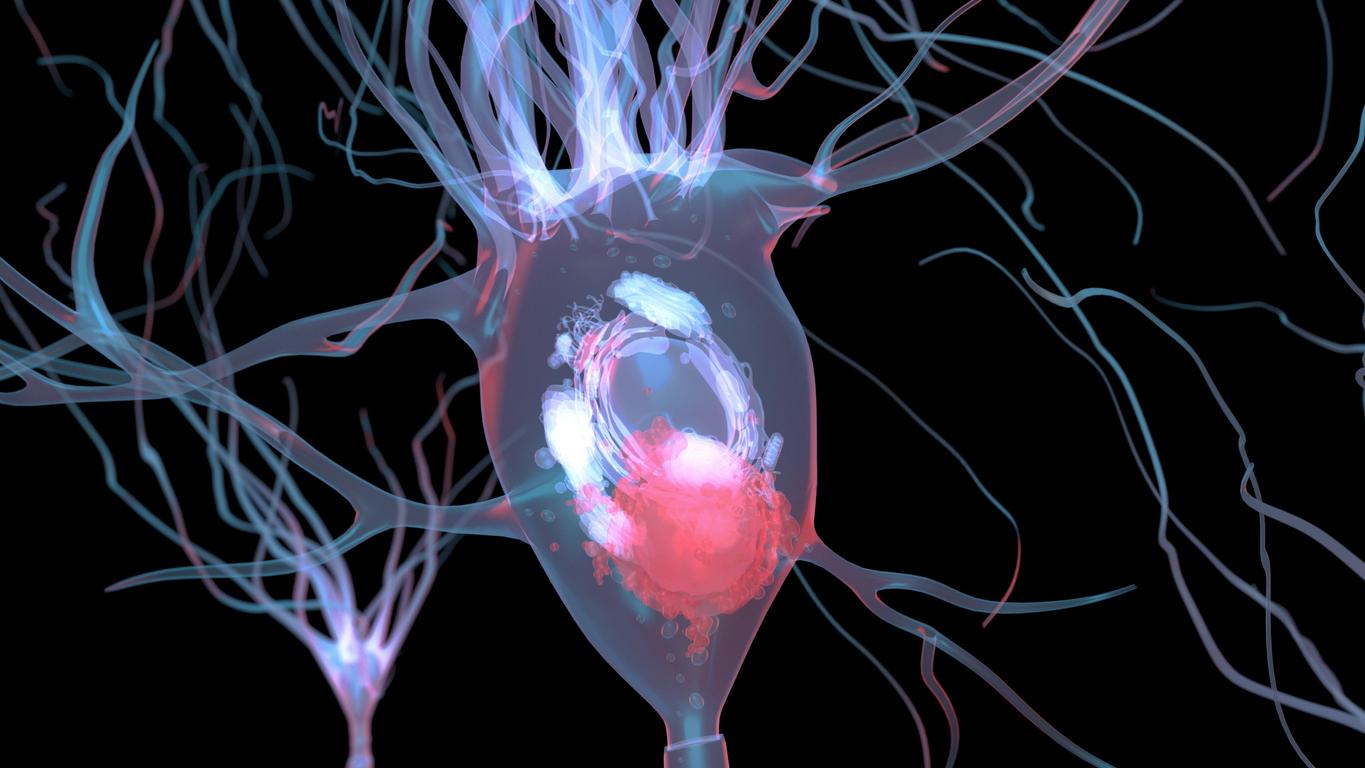Researchers have found that a drug used to treat liver disease can slow the progression of Parkinson’s disease.

A drug prescribed for years in the treatment of liver pathologies, UCDA, would slow the progression of Parkinson’s disease, according to researchers at the University of Sheffield (United Kingdom). A discovery such as scientists have called for an accelerated clinical trial procedure in humans. These jobs were published this Friday in the newspaper Neurology.
“We have demonstrated the beneficial effects of UCDA [Acide ursodésoxycholique] on brain tissue biopsies from Parkinson’s patients carrying the LRRK2 mutation and asymptomatic carriers of the mutation. In both cases, the UCDA improves the function of the mitochondria (cell organelle, editor’s note) as evidenced by the increase in oxygen consumption and cellular energy ”, explains Dr Heather Mortiboys, of the University of Shieffield .
The LRRK2 mutation is the most common cause of Parkinson’s disease of genetic origin. However, the mechanism leading to this neurodegeneration is still unexplained. In addition, mitochondrial dysfunction – which results in a decrease in cellular energy – is involved in many diseases affecting the nervous system such as Parkinson’s disease, Huntington’s disease or Charcot’s disease. Nerve cells are indeed particularly energy intensive. If it fails, the life of these cells is at stake.
Huge therapeutic needs
Besides their experiments on tissues taken from patients, the researchers also observed the beneficial effect of UCDA in vivo using Drosophila. In the vinegar fly, mitochondrial dysfunction caused by the LRRK2 mutation results in progressive loss of sight. Administration of UCDA has prevented insects carrying the mutation from losing their sight. Scientists therefore concluded that the drug works on dopaminergic neurons, the type of nerve cells damaged in Parkinson’s disease.
“In view of the promising results we have obtained in vitro, we now want to examine and confirm the potential of UCDA in vivo, says Oliver Bandmann, professor of movement disorder neurology at the University of Sheffield and head of the study.
“The need for new treatments capable of slowing or halting the progression of the disease is enormous,” says Dr Arthur Roach, director of research and development at the British Parkinson’s Association. Because of this emergency, testing for drugs like UCDA, which is already cleared for other diseases, is extremely valuable. It can save us a lot of time and save us hundreds of millions of dollars. This type of cutting-edge research represents the best hope for effective treatments for Parkinson’s patients in years, not decades. “
.

















-1721998247.jpg)